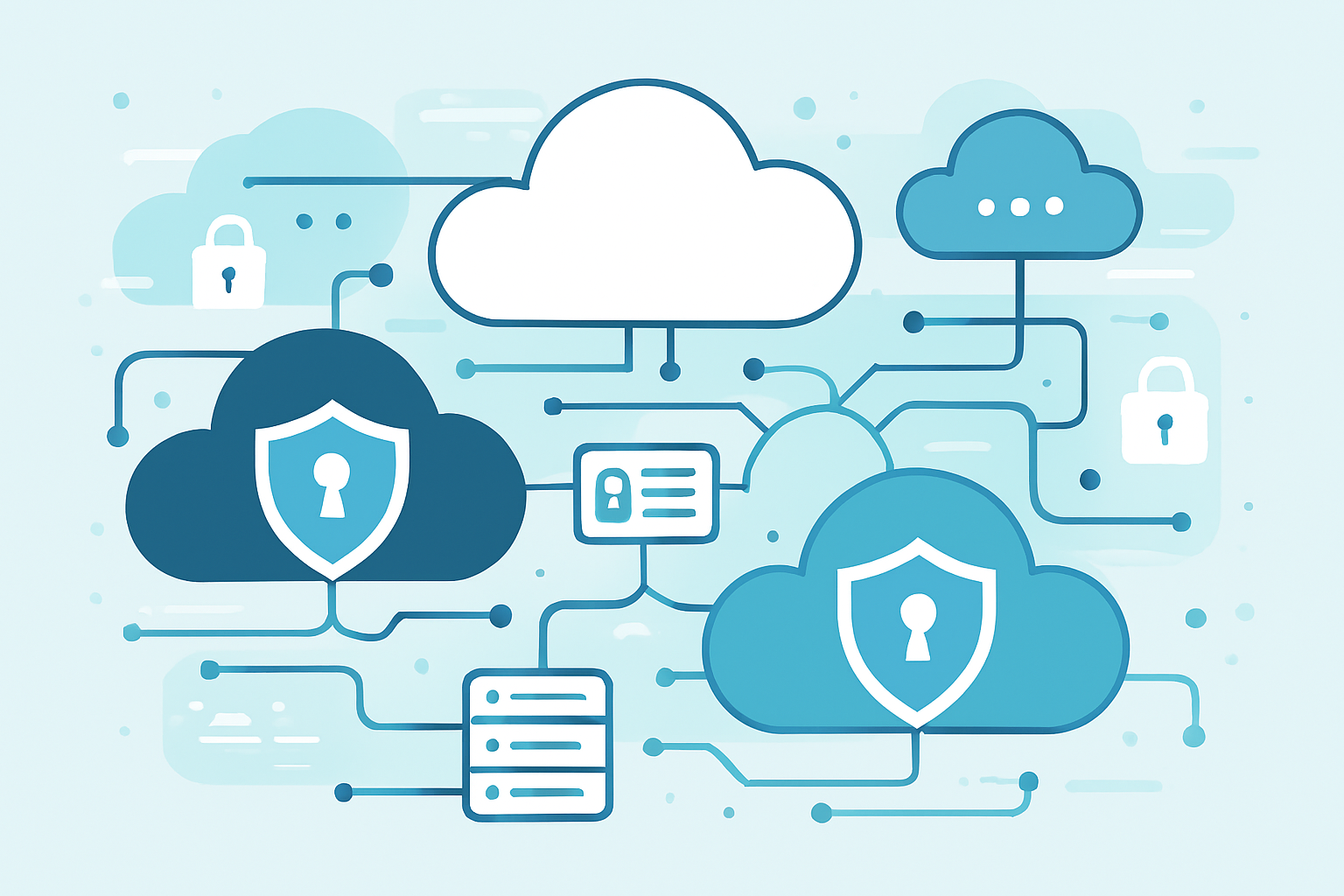Cybersecurity Certifications That Add Real Value to Your Career
Table of contents
In today’s digital landscape, the demand for skilled cybersecurity professionals continues to rise. Organizations across industries are investing heavily in security to protect sensitive data, defend against cyber threats, and ensure regulatory compliance. Earning cybersecurity certifications not only validates your technical expertise but also significantly boosts your career prospects.
This article explores the most respected and career-enhancing cybersecurity certifications available today, explaining how each one adds real value to your professional growth.
Why Cybersecurity Certifications Matter
Cybersecurity certifications demonstrate your commitment to mastering the latest security tools, frameworks, and best practices. They serve as industry-recognized proof of your skills and knowledge, making you more competitive in the job market. Employers often view certifications as a reliable benchmark of your abilities, especially when evaluating candidates for specialized or senior-level positions.
Beyond recognition, certified professionals typically earn higher salaries. According to industry surveys, cybersecurity experts with certifications can earn up to 25% more than their non-certified peers.
Top Cybersecurity Certifications That Add Real Value
1. Certified Information Systems Security Professional (CISSP)
CISSP is one of the most globally recognized cybersecurity certifications for experienced professionals. It validates your ability to design, implement, and manage an effective security program.
This certification covers eight domains, including risk management, security operations, and software development security. CISSP is ideal for those aspiring to roles like Security Manager, Chief Information Security Officer (CISO), or IT Director.
Holding the CISSP certification demonstrates advanced knowledge and leadership capability, making it a top-tier credential for career advancement.
2. Certified Ethical Hacker (CEH)
For professionals interested in offensive security, CEH is a valuable certification. It focuses on ethical hacking techniques used to test and secure systems.
The certification teaches you how to think like a hacker—identifying vulnerabilities before malicious attackers can exploit them. With cyberattacks becoming increasingly sophisticated, CEH-certified experts are in high demand for penetration testing and security assessment roles.
Earning the CEH credential showcases your ability to strengthen network defenses and prevent breaches effectively.
3. CompTIA Security+
CompTIA Security+ is a foundational certification that’s perfect for newcomers to cybersecurity. It covers essential topics such as threat management, cryptography, and network security.
This entry-level credential is recognized globally and often serves as a stepping stone toward more advanced cybersecurity certifications. Security+ helps you establish a strong understanding of security fundamentals, making it ideal for IT professionals transitioning into cybersecurity roles.
4. Certified Information Security Manager (CISM)
CISM focuses on the management and governance aspects of information security. It is tailored for professionals who oversee security teams, develop policies, and align security objectives with business goals.
Unlike technical certifications, CISM emphasizes risk management, compliance, and incident response from a leadership perspective. Holding this certification signals that you understand how to balance security initiatives with organizational strategy—a key skill for senior IT managers and executives.
5. Certified Information Systems Auditor (CISA)
CISA is designed for professionals responsible for auditing, controlling, and monitoring information systems. It’s a globally respected certification that validates expertise in assessing vulnerabilities, ensuring compliance, and implementing effective controls.
This credential is especially valuable for individuals in audit, governance, and risk management roles. Employers trust CISA-certified professionals to ensure that IT systems are secure, reliable, and compliant with industry standards.
6. GIAC Security Essentials (GSEC)
Offered by the Global Information Assurance Certification (GIAC), GSEC is an intermediate-level certification that validates practical skills in network security and defense.
Unlike some theoretical exams, GSEC focuses on hands-on technical knowledge. It covers areas such as encryption, access control, and incident response, making it an excellent certification for IT professionals looking to prove their real-world security competence.
7. Offensive Security Certified Professional (OSCP)
The OSCP certification is known for its rigor and hands-on penetration testing challenges. Candidates must exploit live systems in a controlled environment to earn the credential.
OSCP sets itself apart by testing practical hacking abilities rather than theoretical understanding. Employers value OSCP-certified professionals for their proven ability to think critically and solve complex cybersecurity problems in real-world scenarios.
8. Certified Cloud Security Professional (CCSP)
With more organizations migrating to the cloud, CCSP is a must-have certification for professionals securing cloud environments. It covers cloud architecture, data security, compliance, and risk management.
Earning a CCSP demonstrates that you can design and manage secure cloud infrastructures, which is critical in today’s hybrid and multi-cloud ecosystems. It’s especially valuable for IT professionals working with platforms like AWS, Azure, and Google Cloud.
How to Choose the Right Cybersecurity Certification
Selecting the best cybersecurity certification depends on your current skill level, career goals, and area of specialization.
- For beginners: Start with CompTIA Security+ to build a solid foundation.
- For mid-level professionals: Consider CEH or GSEC to enhance technical capabilities.
- For leadership roles: CISSP or CISM are ideal for advancing into management positions.
- For niche expertise: OSCP or CCSP offer deep specialization in offensive security and cloud protection, respectively.
By aligning your certification path with your career aspirations, you can maximize the value each credential brings.
The Career Impact of Cybersecurity Certifications
Earning cybersecurity certifications can lead to more job opportunities, higher salaries, and greater job security. Certified professionals often qualify for positions such as:
- Cybersecurity Analyst
- Information Security Manager
- Penetration Tester
- Network Security Engineer
- Chief Information Security Officer (CISO)
Moreover, certifications demonstrate a commitment to continuous learning—a vital trait in an industry that evolves rapidly with emerging threats and technologies.
Conclusion
Cybersecurity is one of the fastest-growing and most rewarding fields in IT. Earning the right cybersecurity certifications is more than just a credential—it’s an investment in your professional future.
Whether you’re just starting out or seeking to move into senior leadership, certifications like CISSP, CEH, and CISM can significantly enhance your credibility, skills, and earning potential.
By pursuing certifications that align with your goals and interests, you can build a resilient and impactful cybersecurity career that continues to grow alongside the digital world.




Comments are closed